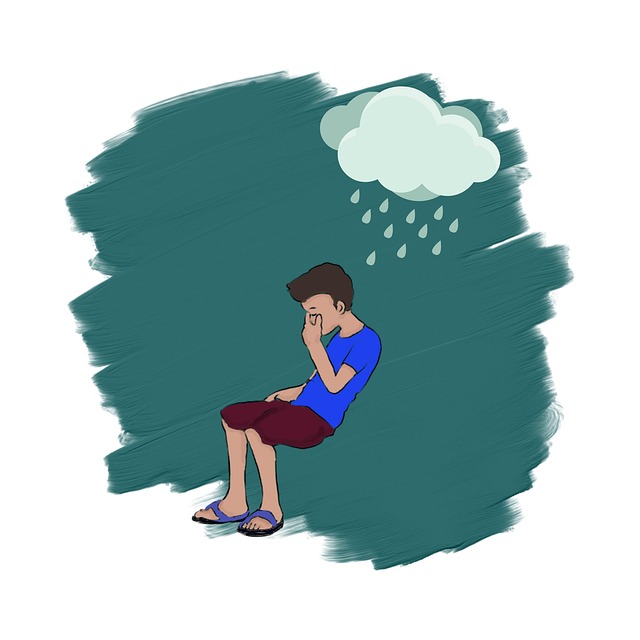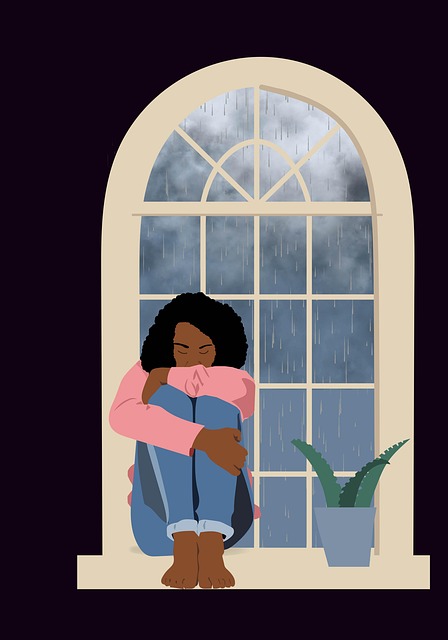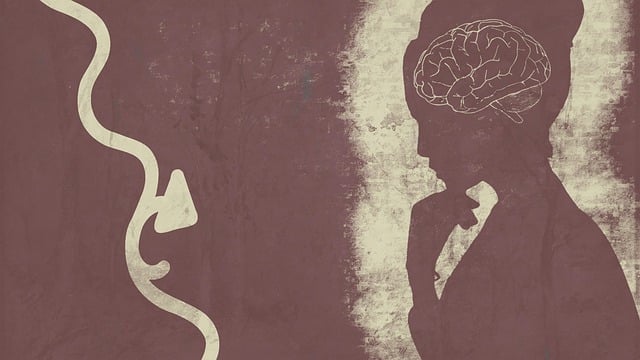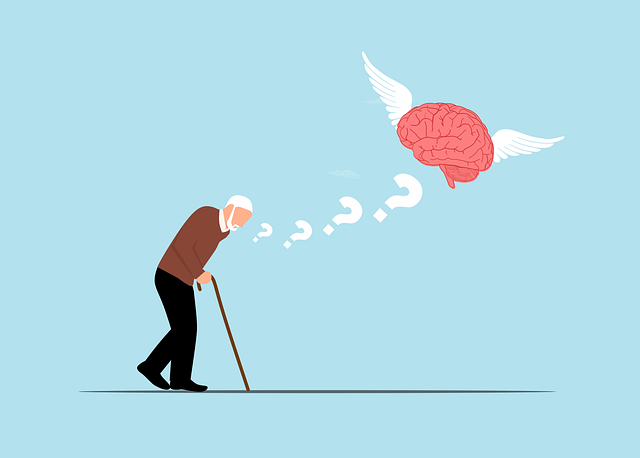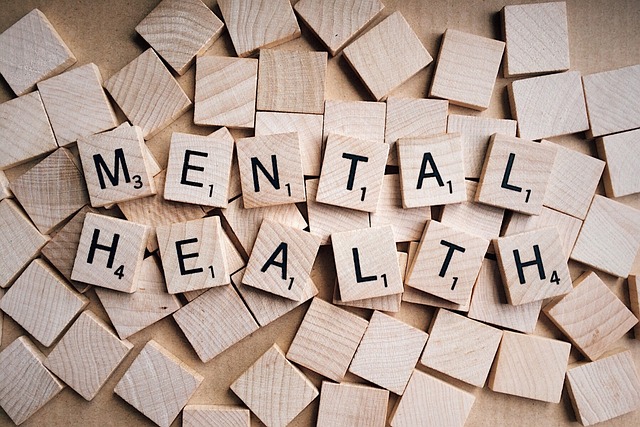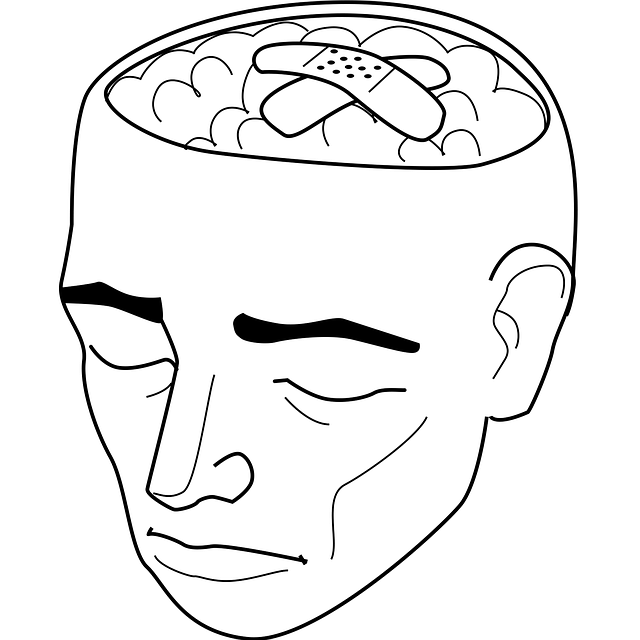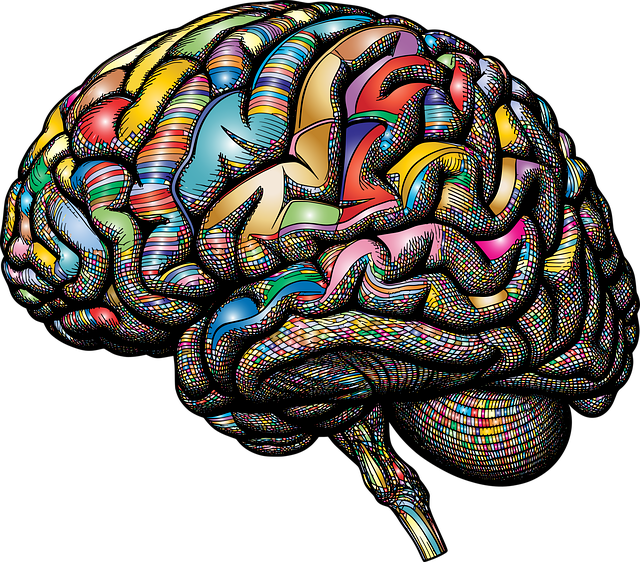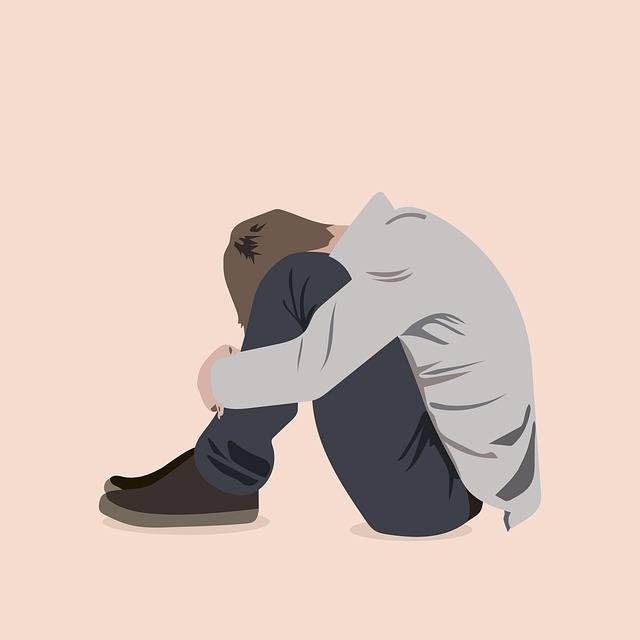Therapy for young children experiencing loss, grief, or bereavement requires specialized, age-appropriate approaches. Trained therapists create safe spaces using techniques like stories, art therapy, and self-care practices to help them process trauma. First responders, including parents and teachers, play a vital role in supporting children by normalizing difficult emotions, offering consistent support, and fostering open discussions about death. Public awareness campaigns and policy advocacy are crucial for ensuring accessible counseling services. Incorporating activities like storytelling and music helps engage young minds and provides avenues for emotional release. These strategies promote resilience and overall well-being while addressing anxiety relief in the healing process.
Loss, grief, and bereavement can profoundly impact young children, making specialized counseling crucial for their healing. This article explores the unique needs of children navigating these complex emotions, focusing on understanding their experiences and providing effective support. We delve into strategies tailored by therapists for young grievers, emphasizing the vital role first responders play in their lives. By examining these aspects, we aim to highlight resources and approaches that foster resilience in children facing loss.
- Understanding Loss, Grief, and Bereavement in Young Children
- The Role of First Responders in Grieving Children's Lives
- Unique Approaches to Counseling for Children
- Effective Strategies for Supporting Young Grievers
Understanding Loss, Grief, and Bereavement in Young Children

Understanding loss, grief, and bereavement in young children is a specialized task that requires sensitivity and expertise. Children process trauma differently than adults, often expressing their emotions through play, drawings, or seemingly unrelated behaviors. Therapists trained in working with young clients, particularly first responders, employ age-appropriate techniques to help them cope with profound loss. This involves creating safe spaces for expression, using stories and art therapy to facilitate understanding, and teaching self-care practices tailored to their developmental stage.
The impact of loss on a child’s mental health cannot be overstated, especially in light of recent studies highlighting the long-term effects of unresolved grief. Mental Health Policy Analysis and Advocacy plays a crucial role in ensuring that healthcare providers, including first responders, have access to comprehensive training in cultural competency. This equips them with the tools to recognize and address the unique needs of young bereaved individuals, fostering resilience and healthy coping mechanisms. Incorporating Self-Care Practices into therapy routines for both children and therapists is integral to maintaining a supportive environment.
The Role of First Responders in Grieving Children's Lives

In the wake of loss, children often look to first responders—parents, teachers, and other immediate caregivers—for comfort and guidance during their grieving process. These early interactions can significantly shape a child’s understanding and coping mechanisms related to grief. First responders play a crucial role in normalizing difficult emotions, offering consistent support, and fostering open discussions about death. Through sensitive communication, they help young individuals develop their mental wellness by teaching them healthy ways to express and manage sorrow.
Additionally, public awareness campaigns focused on these first responders can enhance their ability to recognize signs of distress in children and connect them with appropriate therapy for young children, such as counseling services. By addressing the emotional needs of children early on, these efforts contribute to the inner strength development necessary to navigate life’s challenges, ensuring that children are equipped with resilience and coping strategies to support their mental health and overall well-being.
Unique Approaches to Counseling for Children

Counseling young children experiencing loss, grief, and bereavement requires specialized approaches that cater to their unique developmental stages and emotional needs. Therapy for young children often involves play therapy, art therapy, and storytelling techniques, which allow them to express themselves in ways that are both natural and comforting. Play, for instance, can serve as a powerful tool for first responders—including teachers and parents—to foster empathy building strategies, enabling children to work through their emotions and begin the healing process.
Cultural sensitivity in mental healthcare practice is also paramount when addressing these sensitive topics with children. Mental wellness coaching programs development should incorporate cultural considerations to ensure that counseling methods are inclusive and respectful of diverse backgrounds. By tailoring interventions to align with a child’s cultural context, practitioners can enhance therapeutic outcomes and create a safe space for exploration and recovery.
Effective Strategies for Supporting Young Grievers

Supporting young grievers requires tailored strategies that address their unique needs. Therapy for young children should be age-appropriate, often involving play therapy or art therapy, which can help them process emotions in a safe and expressive way. First responders and mental health professionals can facilitate this by creating a warm, non-judgmental environment where children feel secure to explore their feelings. Incorporating activities like storytelling, music, or pet therapy can further engage young minds and provide avenues for emotional release.
Public awareness campaigns play a crucial role in normalizing grief among youth, reducing stigma, and encouraging open conversations. Mental health policy analysis and advocacy are also essential in ensuring accessible and effective counseling services for young grievers. By integrating these strategies, first responders can effectively support children navigating loss, promoting their resilience and overall well-being while addressing anxiety relief as a critical component of the healing process.
Loss, grief, and bereavement counseling are essential components in helping young children navigate their emotional journeys. By understanding their unique needs and employing tailored approaches, such as those utilized by first responders, therapists can provide effective support. Recognizing the impact of these experiences on children’s lives is crucial, and implementing strategies like play therapy and age-appropriate communication ensures a nurturing environment for healing. Through these efforts, we can foster resilience and empower young grievers to process their emotions healthily.

